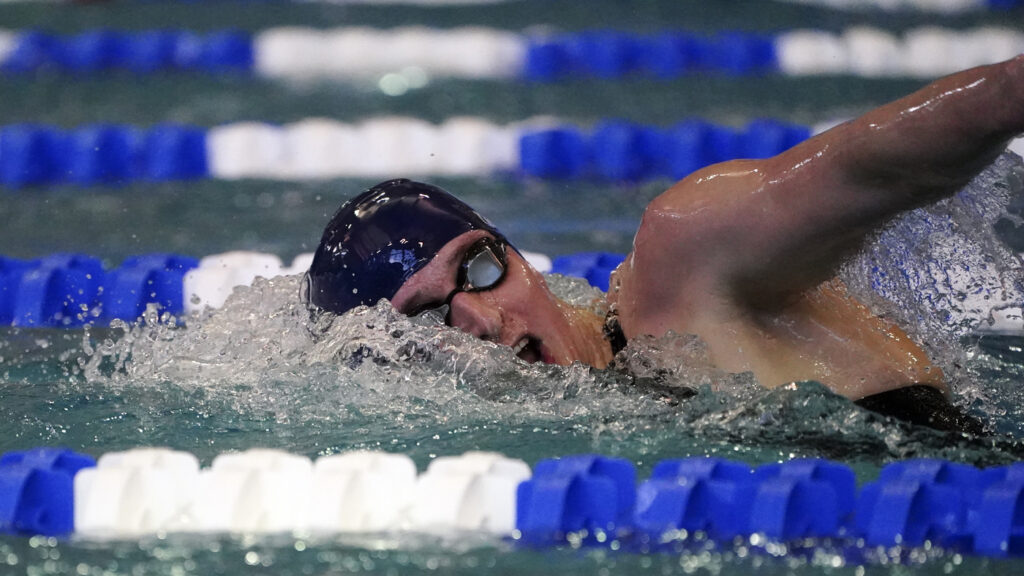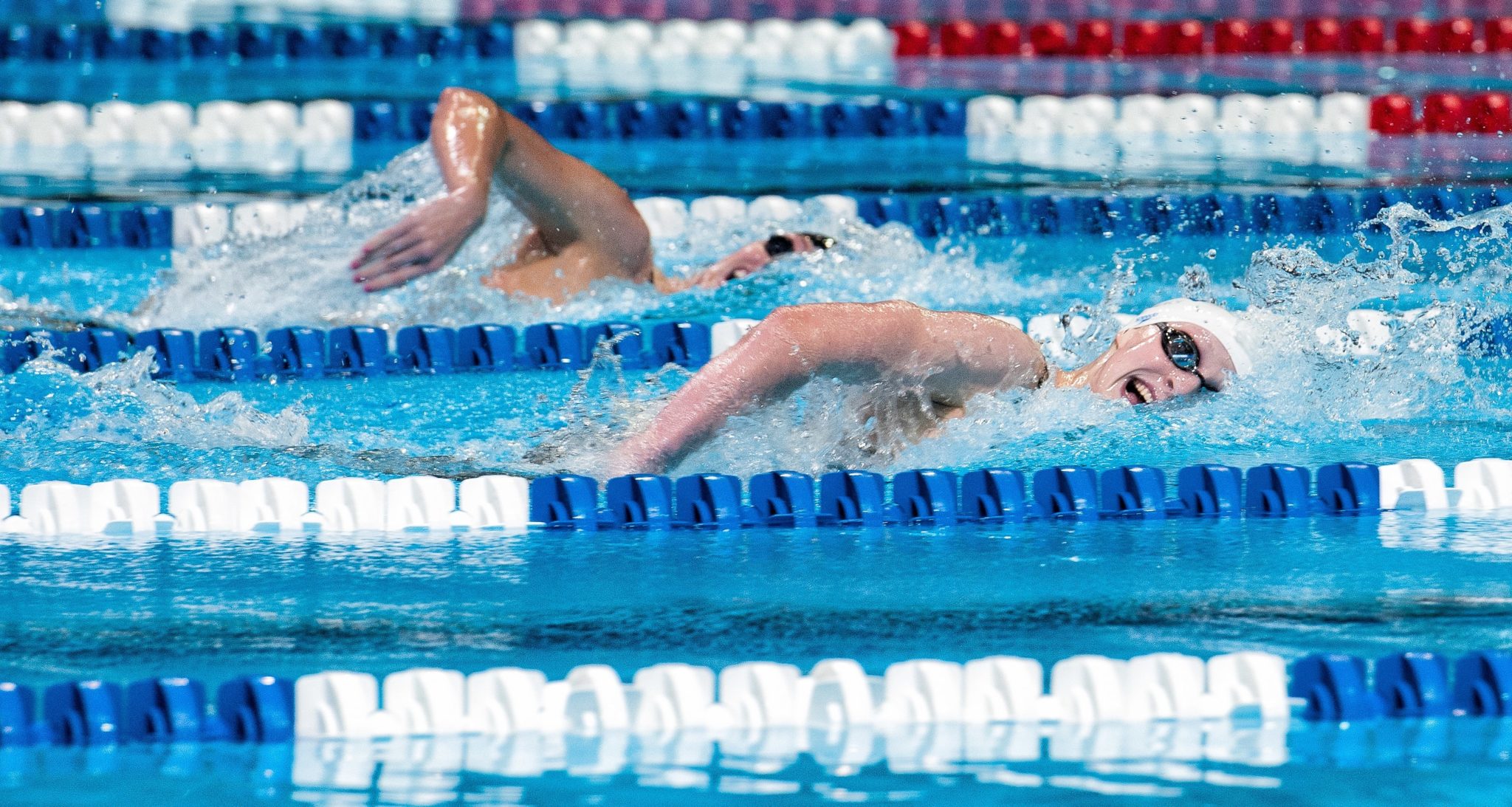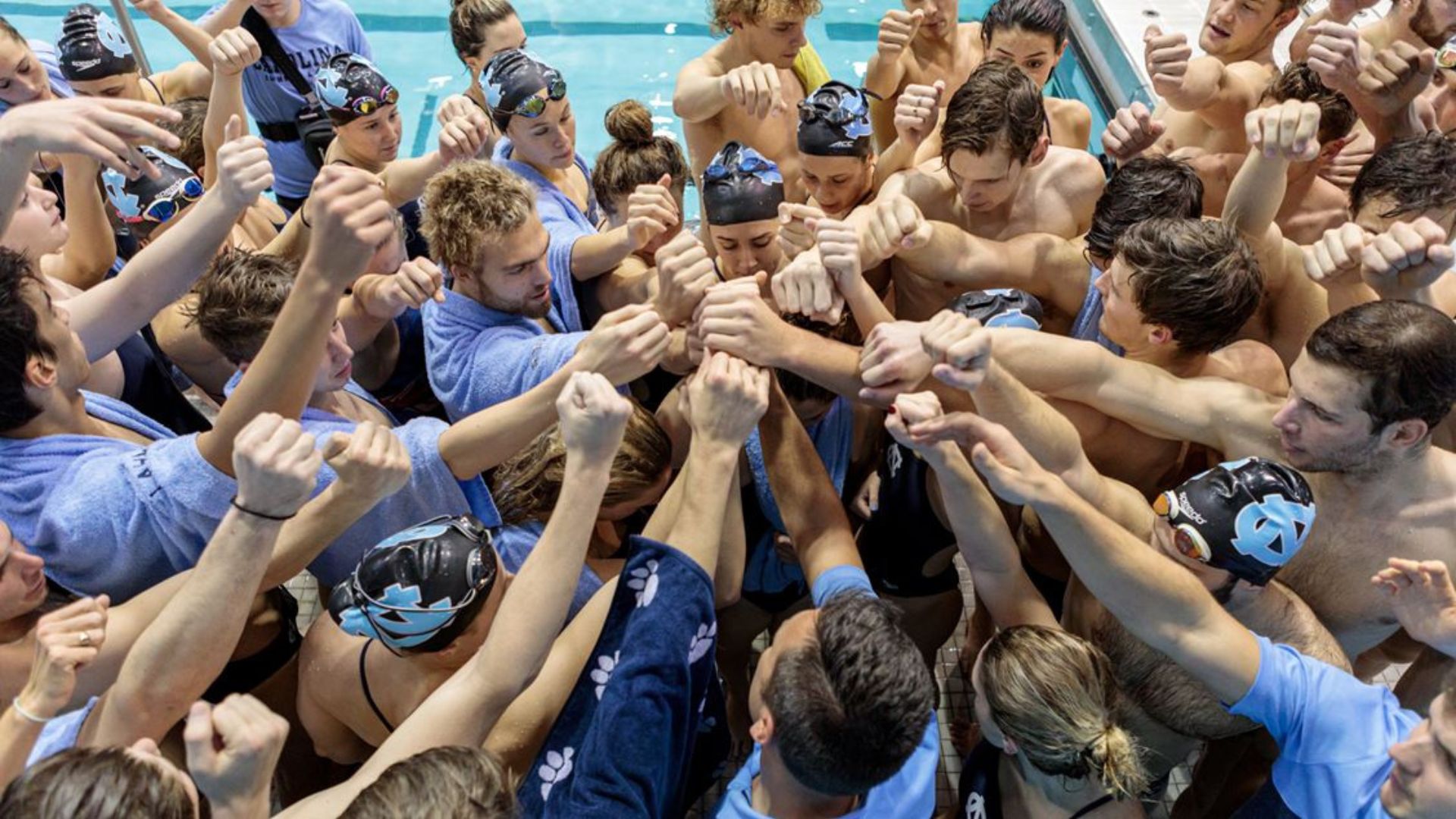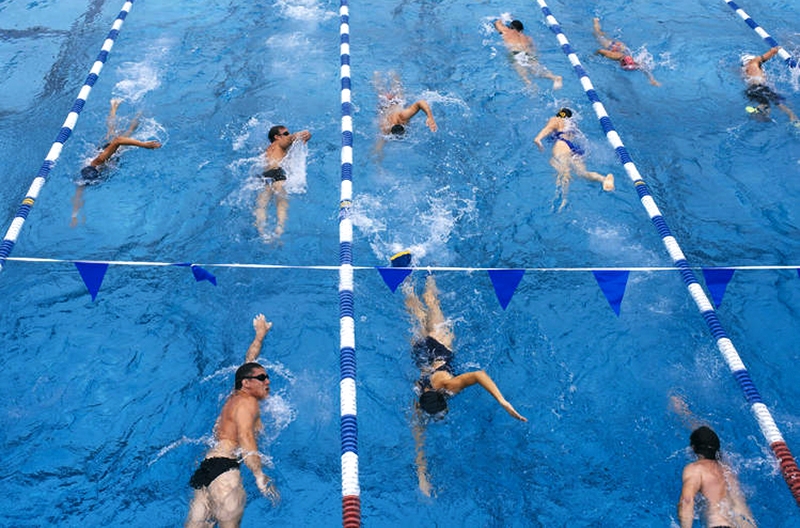Professional swimming competitions are exhilarating displays of athletic prowess. Swimmers push their bodies to the limit, striving for victory and glory. But beneath the surface of sparkling water and cheering crowds, ethical concerns lurk. Let’s dive into some of the key issues surrounding professional swimming competitions and explore the challenges faced by athletes, coaches, and governing bodies.

A Threat to Fairness in Professional Swimming Competitions
Doping casts a long shadow over professional swimming competitions. The use of performance-enhancing drugs (PEDs) disrupts the level playing field, creating an unfair advantage for those who choose to cheat. This not only undermines the integrity of the sport but also puts the health of athletes at risk.
The fight against doping is a constant battle. Anti-doping agencies work tirelessly to develop new detection methods, but athletes and coaches continuously seek ways to circumvent these measures. The pressure to win, combined with the potential for lucrative sponsorships and fame, can be a powerful motivator for some to resort to PEDs.
Age and Eligibility
The issue of age and eligibility in professional swimming competitions is a complex one. On the one hand, protecting younger athletes from exploitation and physical strain is crucial. On the other hand, some argue that setting a high minimum age for competition unfairly restricts opportunities for exceptionally talented teenagers.
Finding the right balance is essential. Stringent regulations can ensure young athletes prioritize healthy development over intense competition. However, overly restrictive rules might exclude talented teenagers who are physically and mentally prepared to compete at the professional level.
Technological Advancements
Technological advancements have undoubtedly transformed professional swimming competitions. High-tech swimsuits that reduce drag and improve buoyancy have revolutionized records. While these advancements can be seen as a positive push for peak performance, they raise questions about fairness and accessibility.
Not all athletes have access to the latest, most expensive swimsuits. This creates a financial barrier, potentially favoring athletes from wealthier backgrounds or those backed by well-funded sponsorships. Additionally, some argue that technological advancements overshadow the raw athletic talent and hard work that are fundamental to the sport.
Mental Health Concerns in Professional Swimming Competitions
The intense pressure to succeed in professional swimming competitions can take a toll on athletes’ mental health. The constant training, rigorous schedules, and fear of failure can lead to anxiety, depression, and burnout.
Supporting athletes’ mental well-being needs to be a priority. Professional swimming competitions must create a culture that encourages athletes to prioritize their mental health alongside their physical performance. Mental health resources and support systems can play a crucial role in safeguarding athletes’ well-being.
Ensuring Ethical Professional Swimming Competitions
Addressing these ethical concerns requires a collaborative effort from athletes, coaches, governing bodies, and sponsors. Here are some ways to move forward:
Strengthen Anti-Doping Efforts
Continuous investment in anti-doping research and stricter penalties for doping offences can deter cheaters and protect the integrity of professional swimming competitions.
Open Dialogue on Age Limits
Striking a balance between protecting young athletes and providing opportunities requires open dialogue with athletes, coaches, and medical professionals.
Regulation of Technological Enhancements
Governing bodies might need to establish regulations regarding swimsuit technology to ensure fairness and accessibility in professional swimming competitions.
Prioritizing Mental Health
Integrating mental health support into professional swimming programs is crucial. Athletes should have access to resources and support systems to prioritize their mental well-being and cope with the pressures of competition.
Conclusion
Professional swimming competitions hold the potential to be awe-inspiring showcases of athleticism and dedication. By addressing the ethical concerns surrounding doping, age limits, technology, and mental health, the sport can move towards a brighter future. This future ensures fairness, prioritizes athlete well-being, and allows the true spirit of competitive swimming to shine through. With collaboration and a commitment to ethical practices, professional swimming competitions can continue to inspire and captivate audiences around the world.



